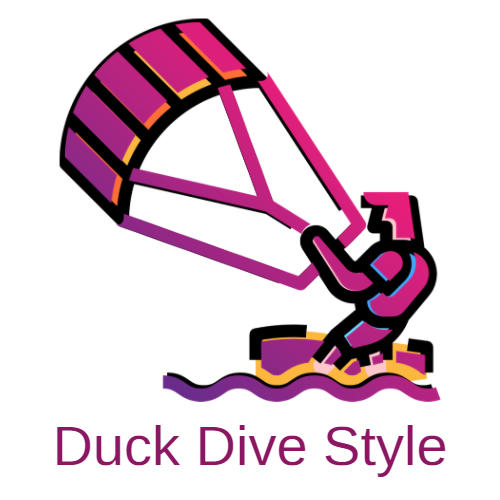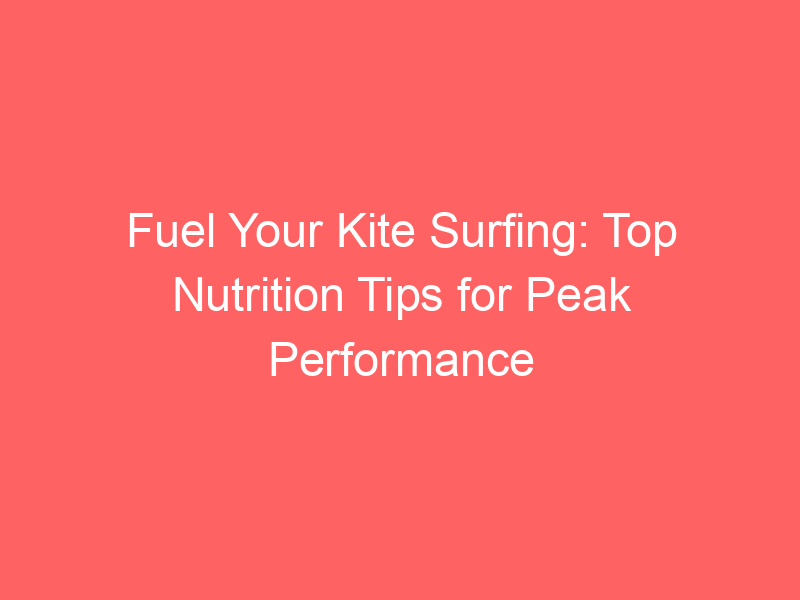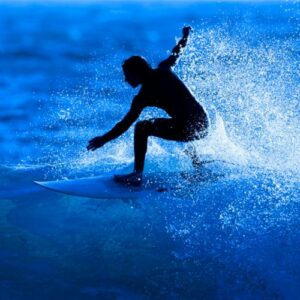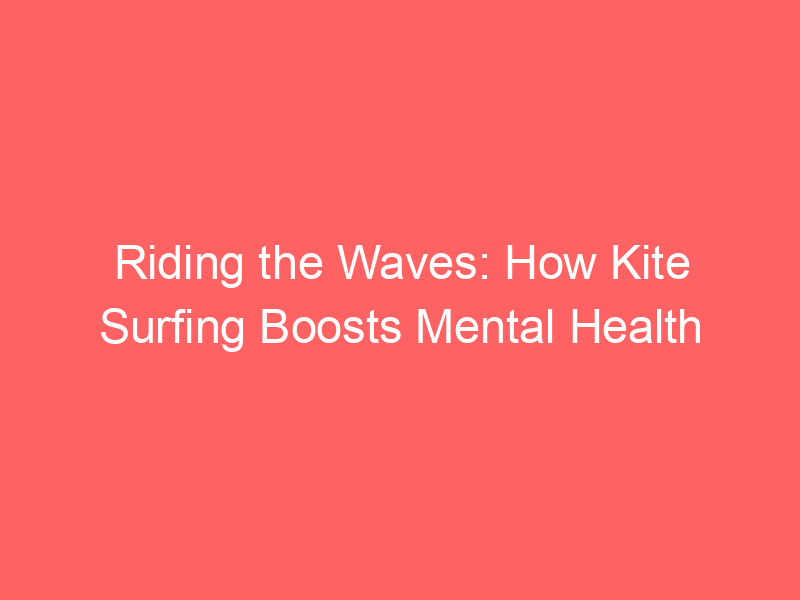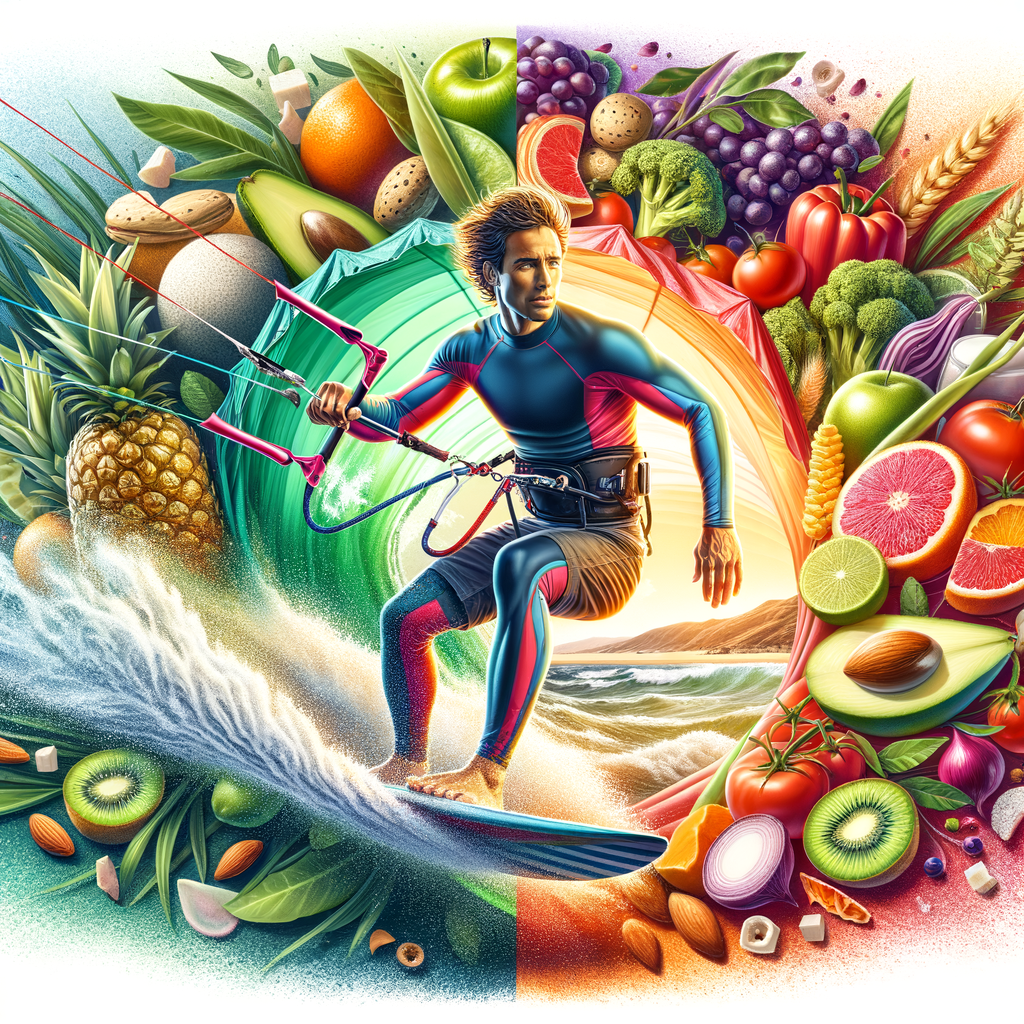
Introduction to Kite Surfing Nutrition
When it comes to kite surfing, a lot of attention is given to the technical aspects of the sport. However, one crucial element that often gets overlooked is nutrition. The food you eat plays a significant role in your performance out on the water. In this section, we will explore the importance of nutrition for kite surfers and understand the connection between diet and performance.
- The importance of nutrition for kite surfers
- Understanding the connection between diet and performance
Proper nutrition is essential for everyone, but it’s especially important for athletes like kite surfers. Kite surfing is a physically demanding sport that requires a lot of energy. The right diet can provide the necessary fuel for your body, helping you perform at your best.
Without the right nutrients, your body won’t be able to recover quickly after a session, and you might find yourself feeling tired and sluggish. In contrast, a balanced diet can boost your energy levels, improve your endurance, and help you recover faster.
Moreover, good nutrition can also help prevent injuries. A diet rich in proteins and essential vitamins and minerals can strengthen your muscles and bones, reducing the risk of injuries.
The food you eat can directly impact your performance in kite surfing. For instance, carbohydrates are your body’s primary source of energy. Eating a meal rich in carbs before a session can provide you with the energy you need to perform at your best.
Proteins, on the other hand, are essential for muscle recovery and growth. Consuming a protein-rich meal after a session can help repair any muscle damage and promote muscle growth, improving your strength and endurance over time.
Finally, staying hydrated is crucial for maintaining your performance. Dehydration can lead to fatigue, reduced coordination, and even heat stroke. Therefore, it’s important to drink plenty of water before, during, and after your sessions.
In the following sections, we will delve deeper into the specifics of kite surfing nutrition, discussing optimal performance nutrition, meal planning and preparation, and providing nutrition tips for enhancing performance and health. We will also look at some successful kite surfers and their diets to give you a better idea of what a balanced diet for a kite surfer looks like.
Optimal Performance Nutrition for Kite Surfing
In the world of kite surfing, nutrition plays a pivotal role in enhancing performance and endurance. To achieve optimal performance, it’s essential to understand the role of macronutrients in our diet.
Macronutrients: The Building Blocks
Macronutrients are the main nutrients our bodies need in large amounts. They include carbohydrates, proteins, and fats. Let’s delve into how each of these macronutrients contributes to a kite surfer’s performance.
- Role of Carbohydrates in Energy Production
- Importance of Protein for Muscle Recovery
- Healthy Fats for Sustained Energy
Carbohydrates are the body’s primary source of energy. When you eat carbs, your body breaks them down into glucose, which fuels your muscles and brain. This is particularly important for kite surfers, as the sport requires a lot of energy. A study found that athletes who consumed a high-carbohydrate diet could perform longer than those on a low-carbohydrate diet.
Protein is crucial for muscle recovery and growth. After a strenuous kite surfing session, your muscles need to repair and grow. Protein provides the essential building blocks, called amino acids, for this process. According to the American College of Sports Medicine, athletes should consume about 1.2 to 2.0 grams of protein per kilogram of body weight per day for optimal muscle recovery.
Fats, especially healthy ones like omega-3s found in fish and monounsaturated fats in avocados and nuts, provide long-lasting energy. They also help absorb vitamins and protect your heart. For kite surfers, consuming healthy fats can help maintain energy levels during long sessions on the water.
In conclusion, a balanced intake of carbohydrates, proteins, and healthy fats is essential for optimal performance in kite surfing. Remember, nutrition is not a one-size-fits-all approach, and it’s important to listen to your body and adjust your diet as needed.
Micronutrients: Essential for Health and Performance
While macronutrients provide the energy kite surfers need to perform, micronutrients play a crucial role in maintaining overall health and enhancing performance. Let’s delve into the importance of vitamins, minerals, and hydration for kite surfers.
- Vitamins and Minerals Crucial for Kite Surfers
Vitamins and minerals are essential for the body to function properly. They aid in energy production, immunity, bone health, and wound healing. For kite surfers, these micronutrients help to maintain strength and endurance during long hours on the water.
For instance, Vitamin D, often referred to as the “sunshine vitamin,” is crucial for bone health and muscle function. Kite surfers, who are often exposed to sunlight, can naturally absorb this vitamin. However, it’s also important to incorporate foods rich in Vitamin D, such as fatty fish and fortified dairy products, into their diet.
Minerals like calcium and magnesium are also vital. Calcium is essential for strong bones and teeth, while magnesium supports muscle function and energy production. Foods rich in these minerals include dairy products, leafy greens, nuts, and seeds.
- Importance of Hydration and Electrolyte Balance
Hydration is another key aspect of kite surfing nutrition. Staying hydrated helps to maintain energy levels, regulate body temperature, and prevent muscle cramps. It’s recommended that kite surfers drink plenty of water before, during, and after their sessions.
Electrolytes, such as sodium, potassium, and chloride, are also crucial. They help to maintain fluid balance in the body and support muscle contractions. Kite surfers can replenish their electrolytes through sports drinks or foods like bananas and potatoes.
In conclusion, a balanced intake of vitamins, minerals, and adequate hydration are essential for kite surfers to maintain their health and enhance performance. Remember, a well-nourished surfer is a high-performing surfer!
Food for Kite Surfers: What to Eat and When
Understanding what to eat and when to eat is crucial for kite surfers. The right nutrition can boost your energy, improve your endurance, and enhance your overall performance. Let’s delve into the pre-session nutrition essentials for kite surfers.
Pre-Session Nutrition
Before you hit the waves, it’s important to fuel your body with the right nutrients. This will ensure you have enough energy and stamina to enjoy a successful kite surfing session. Here are some key points to consider:
- Best foods for energy and endurance
- Timing your meals and snacks
Complex carbohydrates like whole grains, fruits, and vegetables should be your go-to energy sources. They provide a steady release of energy, keeping you active and alert throughout your session. Foods rich in protein, such as lean meats, eggs, and nuts, are also essential as they help build and repair muscles.
When you eat is just as important as what you eat. Aim to have a balanced meal 2-3 hours before your session. This gives your body enough time to digest the food and convert it into energy. If you’re feeling peckish right before your session, opt for a light snack like a banana or a handful of nuts. They’re easy to digest and provide a quick energy boost.
Remember, every individual is different. What works for one person may not work for another. It’s important to listen to your body and adjust your pre-session nutrition accordingly. Experiment with different foods and timings to find what suits you best.
Proper nutrition is a key component of kite surfing. By eating the right foods at the right times, you can enhance your performance and enjoy a more fulfilling kite surfing experience.
Post-Session Recovery
After an exhilarating kite surfing session, your body needs to refuel and repair. Let’s explore the best foods for recovery and understand the crucial role of protein and carbohydrates in this process.
- Optimal foods for recovery
- Bananas: They are packed with potassium, which helps in muscle recovery.
- Quinoa: This superfood is high in protein and helps in muscle repair.
- Almonds: They are a great source of Vitamin E, which is known for its anti-inflammatory properties.
- Salmon: Rich in Omega-3 fatty acids, salmon helps in reducing muscle inflammation and aids in recovery.
- The role of protein and carbohydrates in recovery
Replenishing your body post-session is as important as fuelling it pre-session. Here are some foods that can help you recover faster:
Protein and carbohydrates play a pivotal role in your post-session recovery. Let’s break it down:
| Role | Protein | Carbohydrates |
|---|---|---|
| Function | Protein helps in repairing and rebuilding your muscles after a strenuous kite surfing session. | Carbohydrates replenish your body’s glycogen stores, which are your primary source of energy during exercise. |
| Examples | Eggs, chicken, tofu, and Greek yogurt are excellent sources of protein. | Rice, pasta, bread, and fruits are rich in carbohydrates. |
Remember, a balanced diet that includes both protein and carbohydrates is essential for optimal recovery. So, make sure to include these nutrients in your post-session meal.
Kite Surfing Diet: Meal Planning and Preparation
When it comes to kite surfing, your diet plays a crucial role in your performance. Proper meal planning and preparation can help you maintain energy, improve your performance, and recover faster. Let’s delve into the details of creating a balanced meal plan and meal prep tips for busy kite surfers.
- Creating a Balanced Meal Plan
Creating a balanced meal plan is the first step towards a healthy kite surfing diet. This plan should include a variety of foods to ensure you’re getting all the necessary nutrients. Here’s a simple guide:
| Food Group | Examples | Benefits |
|---|---|---|
| Proteins | Chicken, fish, eggs, tofu | Helps in muscle recovery and growth |
| Carbohydrates | Whole grains, fruits, vegetables | Provides energy for your kite surfing sessions |
| Fats | Avocado, nuts, seeds, olive oil | Supports energy, brain function, and vitamin absorption |
| Vitamins & Minerals | Leafy greens, berries, oranges, bell peppers | Boosts immune system, aids in recovery |
Remember, the key is to balance these food groups in your meals throughout the day. It’s also essential to stay hydrated, especially during your kite surfing sessions.
- Meal Prep Tips for Busy Kite Surfers
For kite surfers with a busy schedule, meal prep can be a lifesaver. Here are some tips to help you get started:
- Plan Ahead: Take some time at the beginning of the week to plan your meals. This can help you avoid last-minute unhealthy food choices.
- Batch Cook: Prepare large quantities of healthy meals at once, then divide them into individual portions. This can save you a lot of time during the week.
- Use Convenient Tools: Tools like slow cookers and instant pots can make meal prep easier and less time-consuming.
- Keep It Simple: You don’t need to make complicated recipes. Simple, nutritious meals can be just as delicious and beneficial for your performance.
Remember, the goal of meal prep is to make your life easier and your diet healthier. With a bit of planning and preparation, you can fuel your body properly for your kite surfing adventures.
Nutrition Tips for Surfers: Enhancing Performance and Health
Surfing, especially kite surfing, is a physically demanding sport that requires strength, endurance, and balance. To perform at your best, it’s crucial to fuel your body with the right nutrients. Here are some nutrition tips to help you enhance your performance and maintain optimal health.
- Importance of a Varied and Balanced Diet
- Supplements for Kite Surfers: Are They Necessary?
- Debunking Common Diet Myths in the Surfing World
A varied and balanced diet is the cornerstone of any athlete’s nutrition plan. It provides all the necessary nutrients your body needs to perform, recover, and stay healthy. For surfers, this means eating a mix of carbohydrates for energy, proteins for muscle repair and growth, and healthy fats for long-lasting energy. It also includes plenty of fruits and vegetables to provide vitamins and minerals.
While a balanced diet should provide most of the nutrients you need, some surfers may benefit from supplements. For example, if you spend a lot of time in the sun, you might need extra vitamin D. Or, if you’re pushing your body hard, you might benefit from a protein supplement to help with recovery. However, it’s important to remember that supplements should not replace a healthy diet but rather complement it.
There are many diet myths in the surfing world that can lead to confusion. One common myth is that surfers should avoid carbohydrates. In reality, carbs are a surfer’s main source of energy and should make up a significant part of their diet. Another myth is that protein supplements are necessary for muscle growth. While protein is important, it’s usually possible to get enough from your diet without needing supplements. Always consult a nutritionist or dietitian before making any major changes to your diet.
In conclusion, a varied and balanced diet is key to enhancing performance and health in surfing. While supplements can be beneficial in some cases, they should not replace a healthy diet. And finally, don’t believe everything you hear about diet and surfing – it’s important to do your own research and consult with a professional.
Case Study: Successful Kite Surfers and Their Diets
Let’s dive into the world of successful kite surfers and discover the secrets behind their diets. We will explore how top kite surfers fuel their bodies and the lessons we can learn from their dietary habits.
- How top kite surfers fuel their bodies
Top kite surfers are known for their incredible stamina and agility. But what fuels their bodies to perform at such high levels? The answer lies in their diet. A typical diet of a professional kite surfer includes a balanced mix of carbohydrates, proteins, and healthy fats.
Carbohydrates are their primary source of energy. They typically consume complex carbs like whole grains, fruits, and vegetables. Protein, sourced from lean meats, fish, and legumes, helps in muscle repair and growth. Healthy fats from avocados, nuts, and seeds provide long-lasting energy and aid in nutrient absorption.
Hydration is another crucial aspect of their diet. They drink plenty of water and occasionally opt for sports drinks to replenish electrolytes lost during intense sessions.
- Lessons to learn from professional surfers’ diets
There’s a lot we can learn from the dietary habits of professional kite surfers. Here are some key takeaways:
- Balance is key: A balanced diet that includes all food groups is essential for optimal performance and health.
- Hydration matters: Drinking plenty of water and staying hydrated is as important as eating the right foods.
- Timing is crucial: When you eat is just as important as what you eat. Top surfers eat a hearty breakfast for energy, a protein-rich meal post-workout for recovery, and a light dinner.
- Quality over quantity: It’s not about eating large amounts, but about consuming nutrient-dense foods that fuel the body effectively.
In conclusion, the diet of a successful kite surfer is a well-planned and balanced one, designed to fuel their high-energy sport. By adopting some of their dietary habits, we too can enhance our performance and health.
Conclusion: Kite Surfing and Balanced Diet
In this article, we’ve explored the importance of nutrition for kite surfing. We’ve learned that a balanced diet is not just beneficial, but essential for optimal performance. Now, let’s recap our key takeaways and share some final thoughts.
- Recap of Key Takeaways
- Final Thoughts on the Importance of Nutrition for Kite Surfing
Firstly, we discovered that kite surfing requires a high level of physical strength and endurance. A well-planned diet can help enhance these attributes, making it easier for surfers to perform at their best. We also learned about the types of foods that are beneficial for kite surfers, including carbohydrates for energy, proteins for muscle recovery, and fats for long-lasting fuel.
Secondly, we discussed the importance of meal planning and preparation. By planning meals in advance, kite surfers can ensure they’re getting the right nutrients at the right times. This includes eating a balanced breakfast before a surfing session, and refueling with a protein-rich meal afterwards.
Lastly, we looked at some real-life examples of successful kite surfers and their diets. These case studies showed us that a balanced diet is a common factor among top performers in the sport.
As we conclude, it’s clear that nutrition plays a vital role in kite surfing. A balanced diet can help surfers maintain their energy levels, recover faster, and ultimately, perform better. While every surfer’s dietary needs may be different, the principles of balanced nutrition remain the same.
Remember, kite surfing is not just about physical strength and skill, but also about taking care of your body. By incorporating the nutritional tips and strategies we’ve discussed, you can ensure you’re fueling your body right for the waves. So, eat well, surf well, and enjoy the ride!
